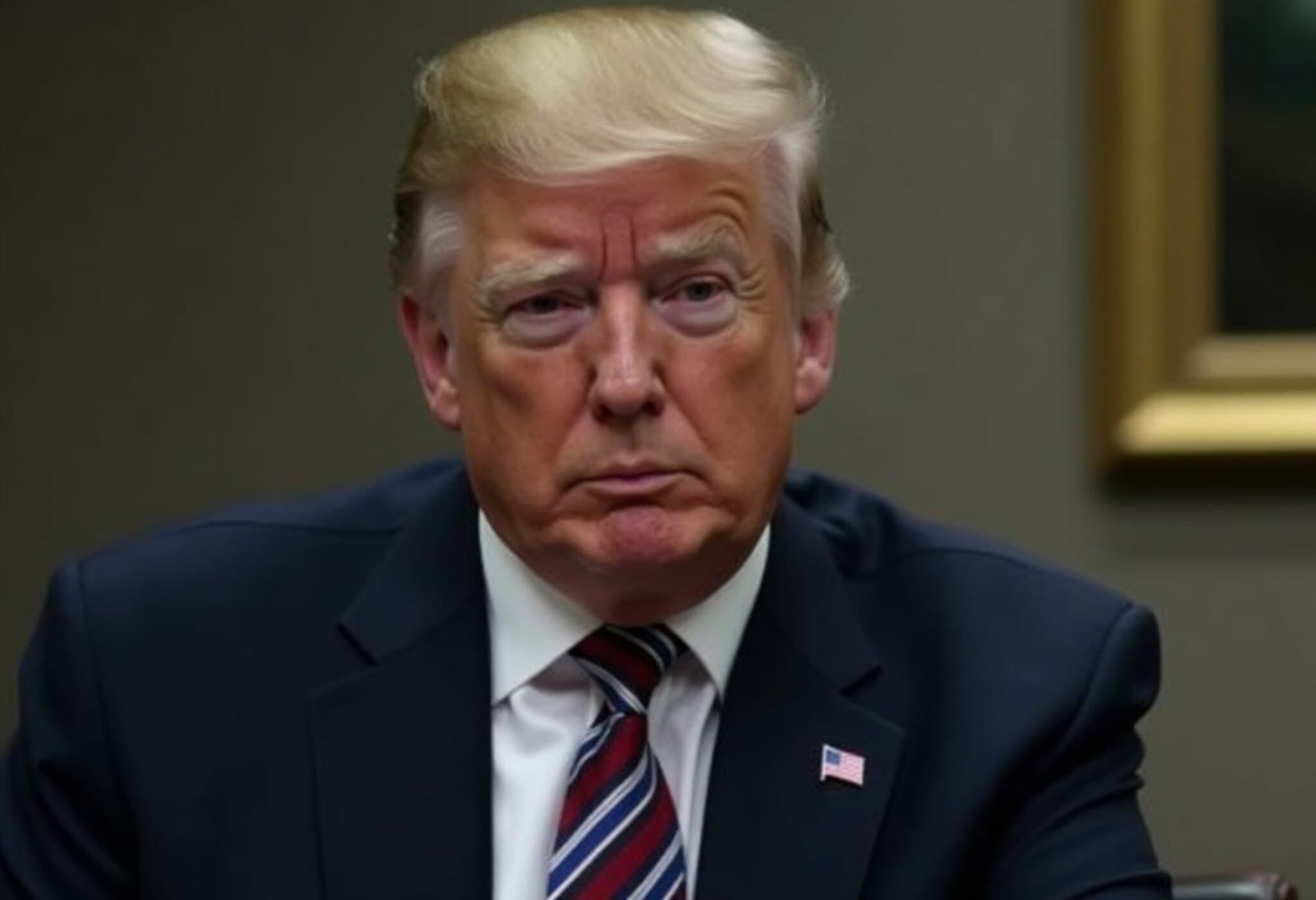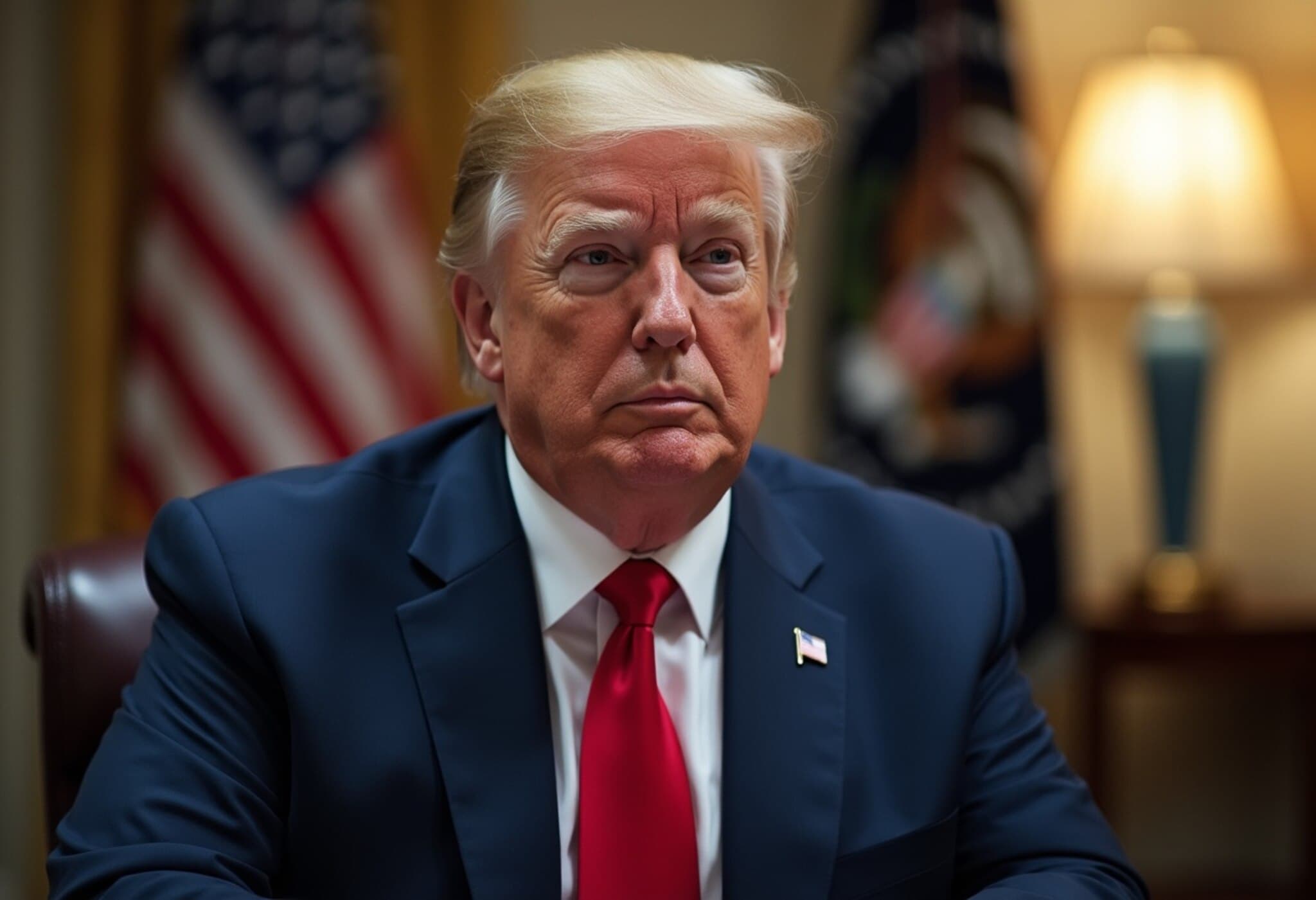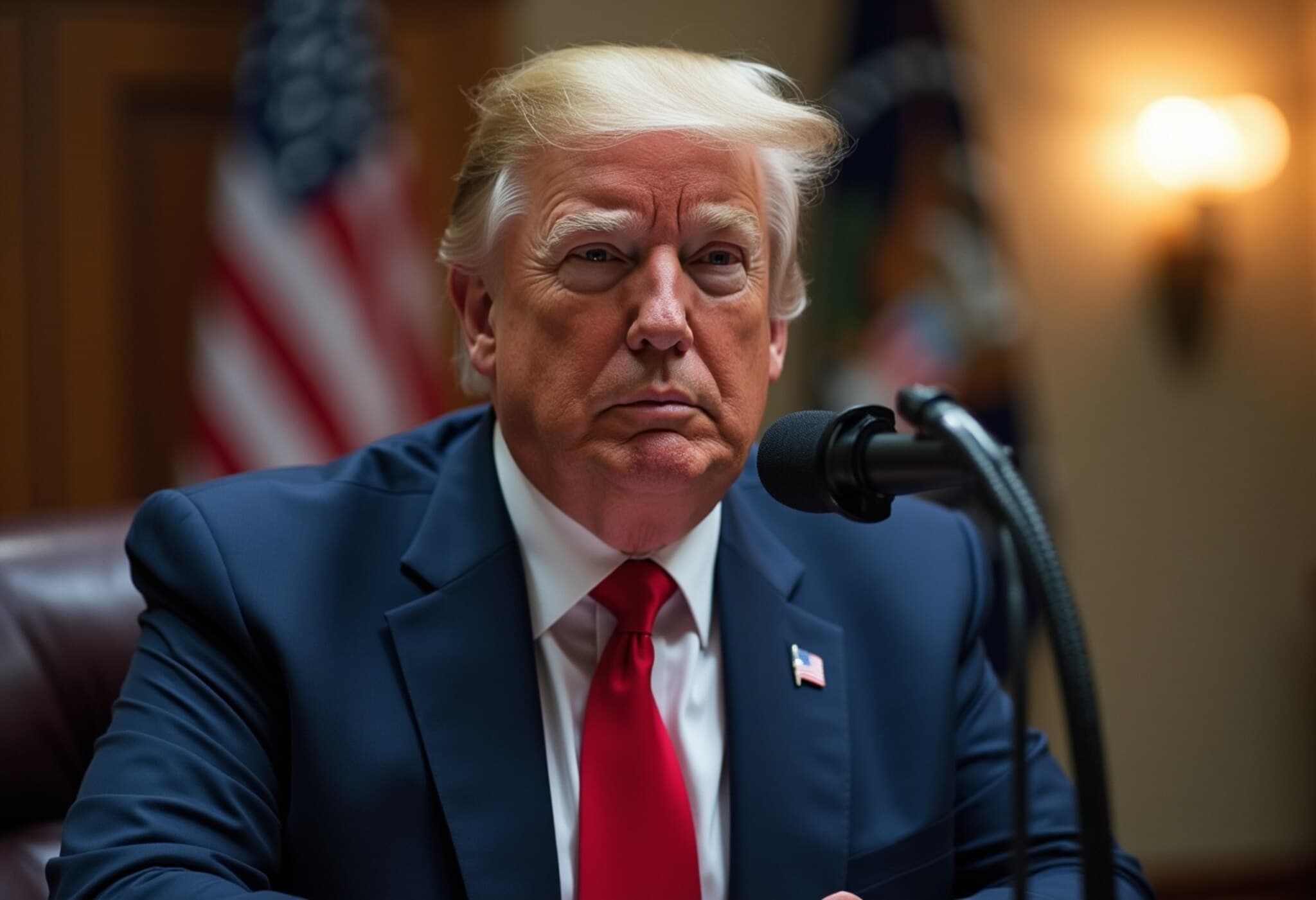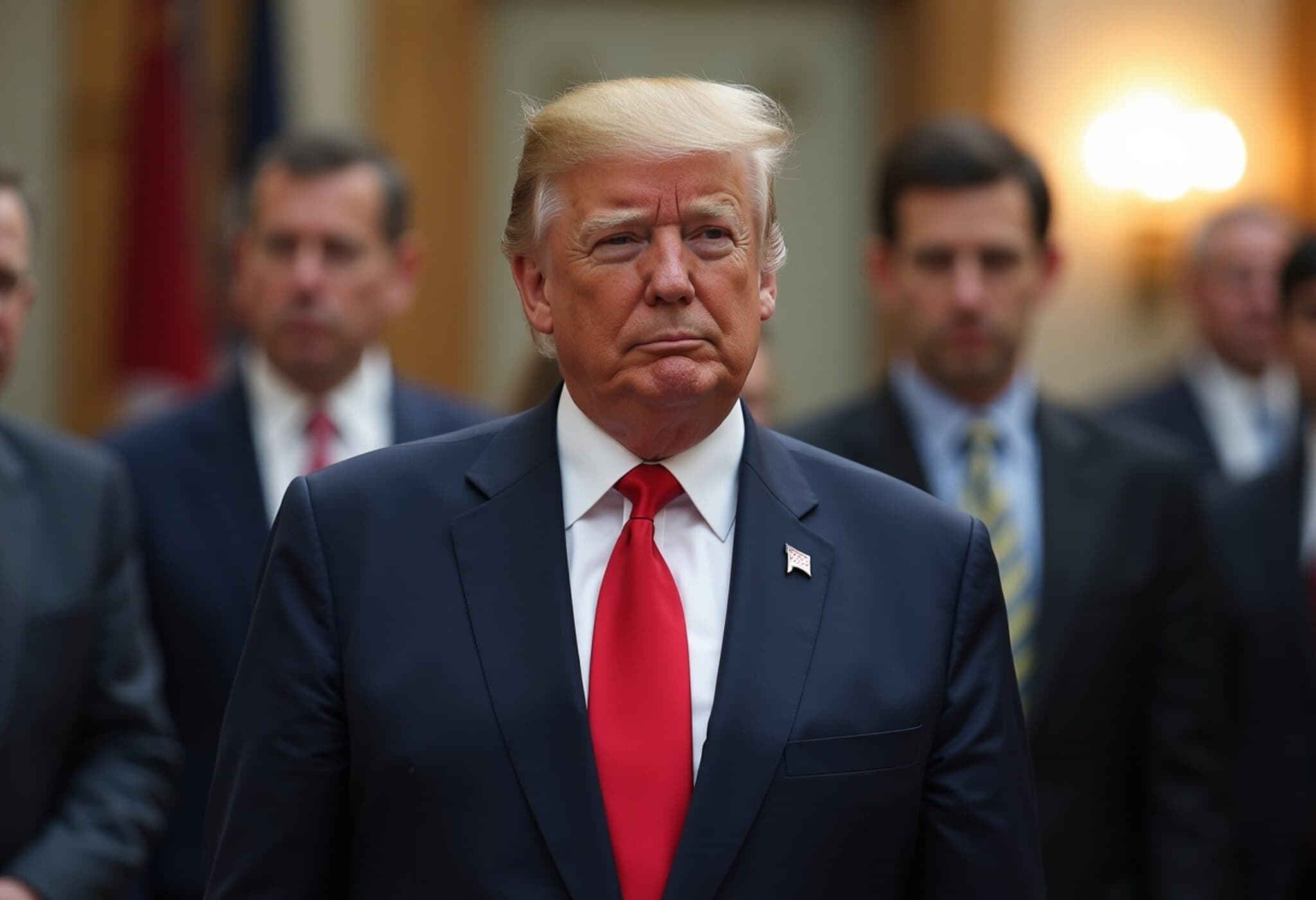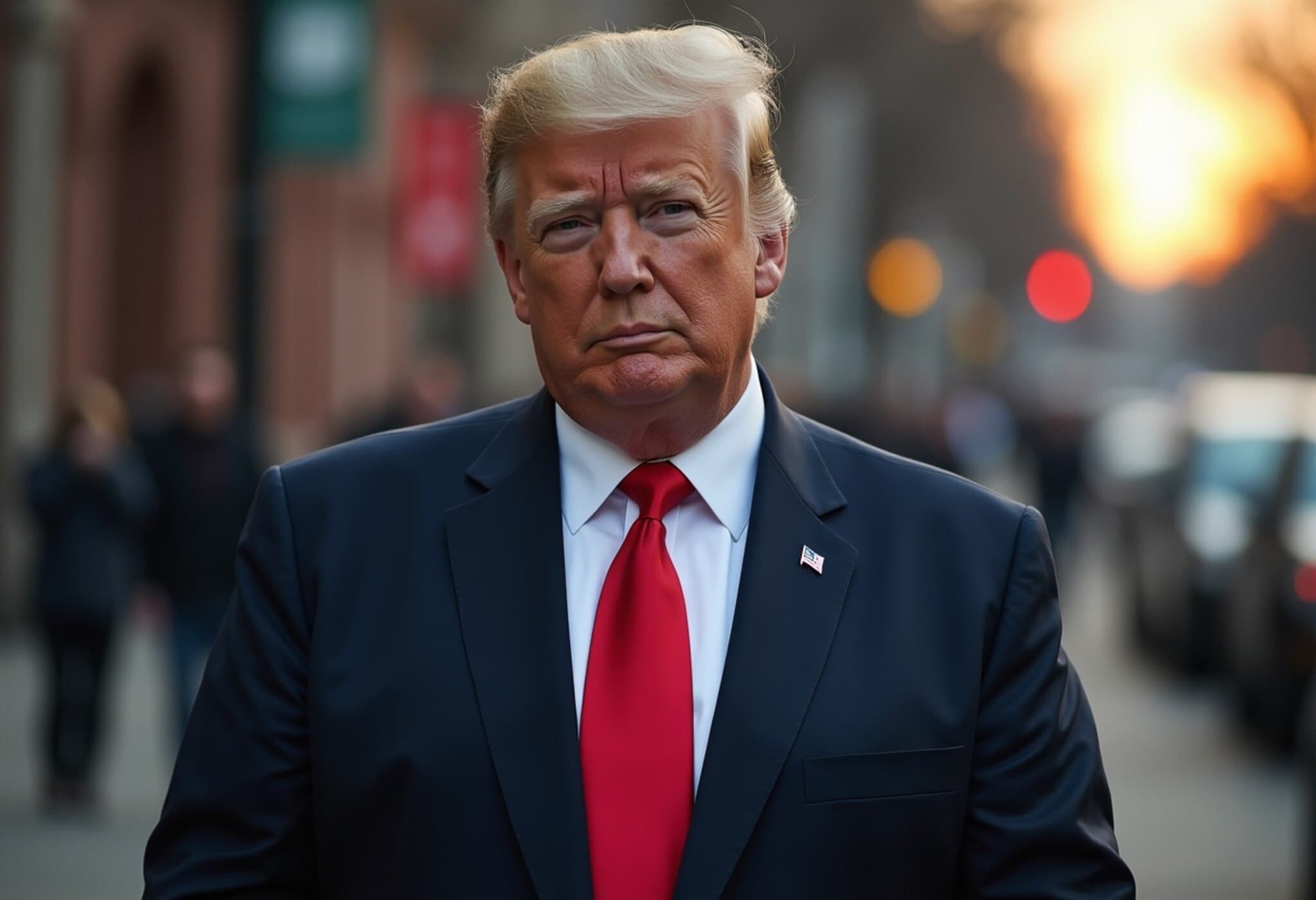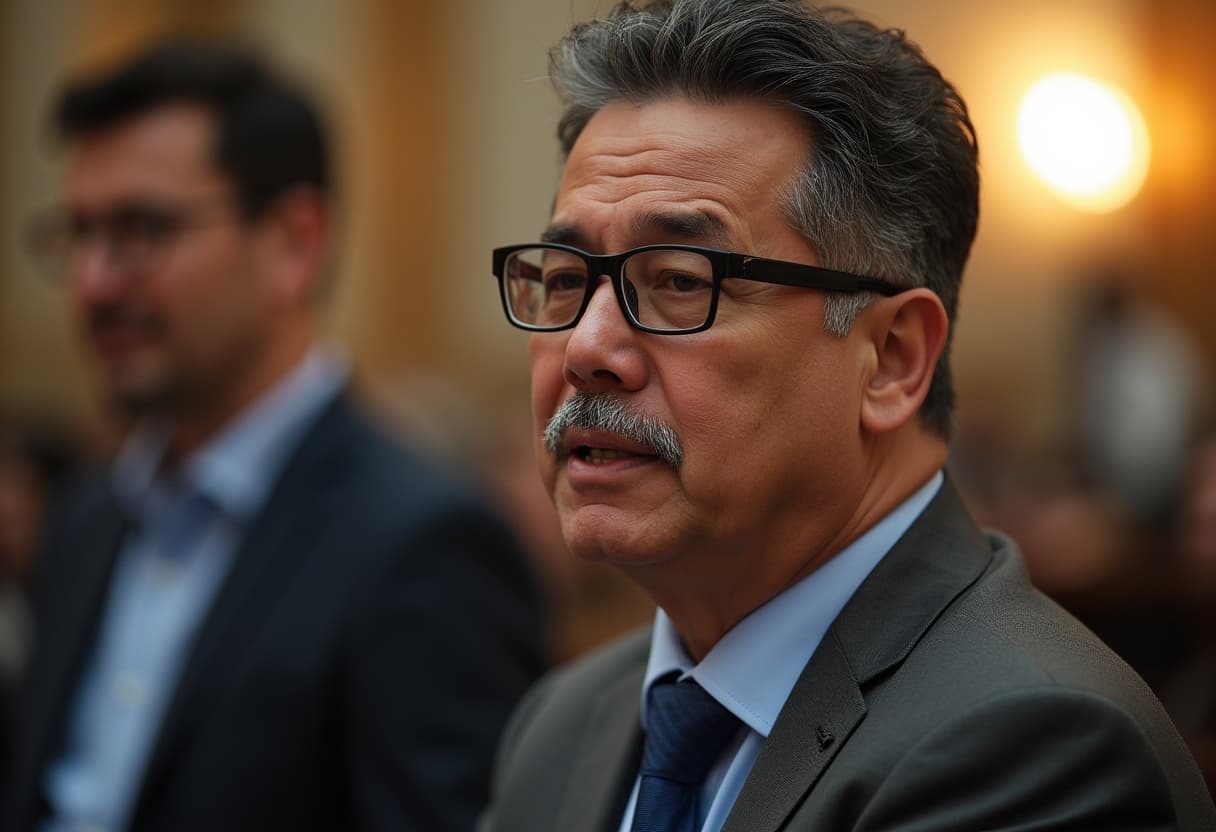Trump Urges Courts to Uphold Tariffs Amid Legal Challenges
On August 8, 2025, former President Donald Trump issued a stern warning to U.S. courts considering rulings against his tariff policies. Speaking from his platform, Trump emphasized the significant economic gains attributed to these tariffs and cautioned that judicial interference could trigger a devastating financial crisis reminiscent of the Great Depression.
"If a Radical Left Court ruled against us at this late date, it would be impossible to ever recover or pay back these massive sums of money and honor," Trump stated emphatically. He further warned that such court decisions could thrust the U.S. economy back into a 1929-style downturn.
The Legal Battle Over Tariff Authority
Trump’s tariffs, many imposed under the International Emergency Economic Powers Act of 1977, have come under heightened scrutiny in federal courts. Critics argue that the emergency powers invoked might have been stretched too far, prompting challenges that question the president's authority to unilaterally impose these trade duties.
Former Speaker of the House Paul Ryan has speculated that the U.S. Supreme Court may eventually invalidate these tariffs, a move that would carry significant policy and economic implications.
Trade policy experts like Alan Wolff, senior fellow at the Peterson Institute for International Economics, have stressed the complexity of unwinding such tariffs. Wolff warns that “this is a bell that cannot easily be fully unrung,” highlighting the bureaucratic chaos and economic uncertainty that could ensue from rescinding existing duties and managing refunds.
Market Reactions: Tariffs as a Double-Edged Sword
Trump insists the tariffs have been a "huge positive" for stock markets, crediting them with supporting historic wealth creation. Indeed, financial markets have often responded dramatically to tariff-related news, with indices surging when tariff pressures ease and retreating during announcements of new or heightened duties.
For instance, when Trump suspended certain import tariffs in early April this year, the S&P 500 jumped nearly 7% within minutes, fueled by relief in sectors like semiconductors and manufacturing. Companies such as Intel and Micron Technology benefited from tariff exemptions tied to their commitments to increase U.S. manufacturing, reinforcing the narrative that tariffs can incentivize domestic industry growth.
However, the volatility sparked by tariff policy shifts has also raised concerns. Markets have increasingly viewed the president's tariff statements with skepticism, reflecting fears that abrupt reversals or escalations could disrupt supply chains and corporate planning.
The Broader Implications for U.S. Trade Policy
Trump’s battle over tariffs underscores a pivotal moment in American trade and economic policy. The tension between executive power and Congressional oversight, especially regarding emergency authorities, spotlights fundamental governance questions.
Moreover, the case presents critical questions about the ripple effects tariffs have on global supply chains, consumer prices, and U.S. competitiveness. While advocates highlight tariffs as tools to protect American jobs and industries, opponents fear prolonged trade conflicts may stifle growth and alienate key allies.
Expert Insight: Weighing Economic Risks and Judicial Boundaries
From a legal and economic standpoint, the intersection of tariff policy and judicial review challenges the balance of power within the U.S. government. Courts are tasked with interpreting the scope of presidential authority in ways that preserve both national security and rule of law.
Economic experts remind policymakers that tariffs, while politically popular in some circles, often carry unintended consequences, such as increased costs for consumers and strained international relations. As this legal saga unfolds, stakeholders will watch closely to see how these competing pressures shape the future of U.S. trade strategy.
Editor’s Note
As the U.S. judiciary grapples with the legitimacy of tariff authority, this case raises profound questions about economic stewardship and constitutional checks and balances. Will courts uphold the president’s emergency powers, or will they act as a brake on what some view as trade overreach? The stakes extend beyond legal technicalities to encompass the health of American markets, the durability of global trade partnerships, and the broader trajectory of the U.S. economy. Readers should consider how this legal controversy reflects enduring debates over executive power and economic nationalism in an interconnected world.

